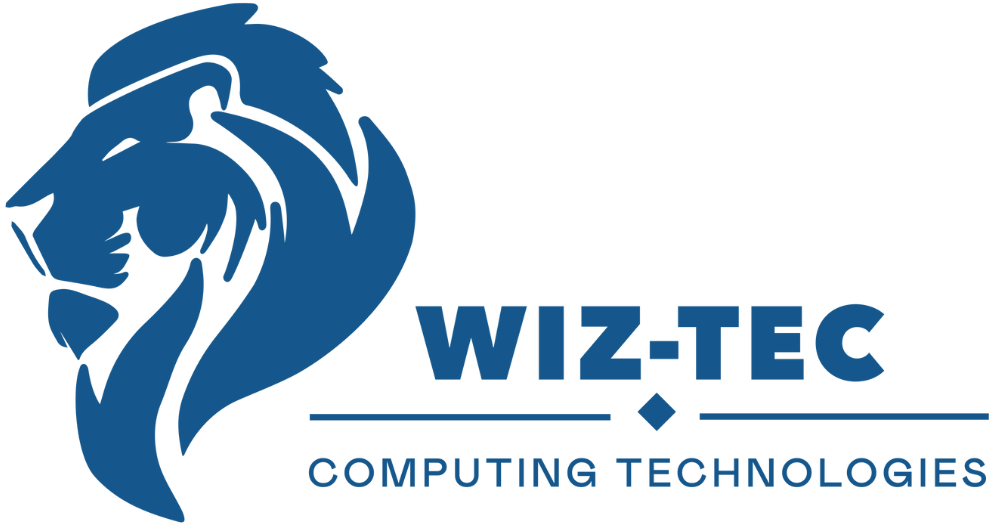Customer service is hard. Providing a great customer experience is a combination of factors that your staff has to master individually. They need to know exactly how to respond to anything that comes their way. Since every customer that walks through your doors has different needs, moods, and opinions you must find a perfect balance when dealing with their concerns. This article will outline the three most common customer complaint areas. It’ll also give you some tips on how to deal with them effectively.
Slow service
This is one of the most common complaints raised by customers within any industry. Maintaining a high standard of service becomes challenging when customers expect the best experience with the quickest service. Striking a balance between these two is essential to the customer service industry. However, many retailers fall short of the gold standard. When a customer raises this complaint with your staff, try and figure out the root cause of it.
Fixing this issue will generally be as easy as finding a more efficient way to deal with customers as they walk through the door. Was it a long line up for payment? Was the service itself not efficient enough? Did the customer feel welcomed or seen once they entered the store? These questions are important to consider when you make a plan to remedy the situation. Things out of your staff’s control, such as throughput, can also be a factor behind this complaint.
Untrained staff
This is a very difficult problem to manage because it only becomes apparent once a customer complains about it. With long waiting times, managers will generally realize where the issue is sometime before it becomes a serious problem. Untrained staff are difficult to spot if you are not paying attention, though. Complaints around this issue usually come in the form of inadequate service or difficulty in communication. Remedying this issue is actually more of a preventative measure.
Before you allow your staff to get on the floor and interact with real customers, put them through some role-play scenarios. These should involve complaints you think could come up while they’re working. This will better prepare them to deal with issues they may not even be aware of. Ideally, you should train at least one member of staff in dealing with complaints. Employees can be more efficient with their time if they have someone to deal with complaints exclusively.
Better options elsewhere
This is one we are all guilty of, whether mentally or aloud. “I can get this at X for half the price”. As common as this complaint is, staff generally have no idea how to deal with these situations. It is difficult to be put on the spot for something that they have little to no control over. That’s why they tend to freeze when confronted about it. Reducing the severity of this issue is as easy as fully training your staff on the unique selling points of your business or product. Pricing is meant to reflect the quality of the product, so when two products are very similar you have to be able to differentiate your product as the superior choice if you’re charging a premium.
Train your staff on the value added benefits or the higher quality materials you use. They will have that knowledge as a tool when dealing with these types of complaints. If you know your product or service is better than your competitors’, you have to be able to justify it to your clients with facts and logic so thoroughly training your staff on the benefits is incredibly important.
If a customer comes to you with any of these complaints, the best way to defuse the situation will always be to acknowledge the issue as a serious problem, sympathize with the client and make them feel like they’re heard, and provide an example of how you plan on fixing the issue the next time they visit. The goal is to get the customer to come back to your business and see that their complaint was dealt with appropriately.
Take a look at some more tips on how to deal with customer complaints.
Wiz-Tec offers one of the fastest transacting point of sale systems on the market for gas retail and car wash. iPOS can increase throughput speed by up to 75% for some retailers.

